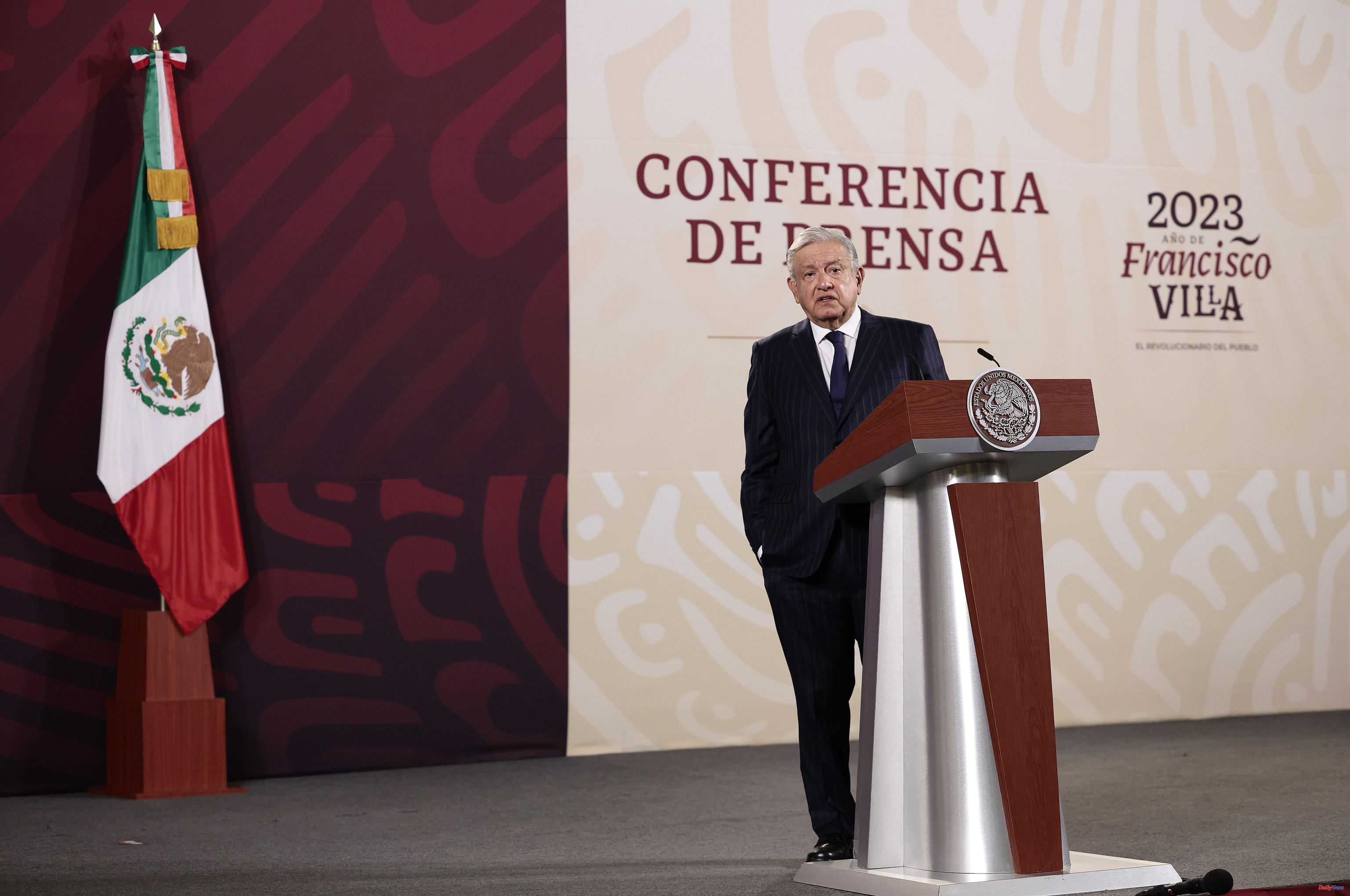The Senate of Mexico approved last night the electoral reform of Andrés Manuel López Obrador (AMLO) that seeks to reduce the size, budget and autonomy of the National Electoral Institute (INE), under the pretext that "it is politicized" and "it is the apparatus most expensive organization of elections in the world". The main opposition parties have announced that they will appeal this measure to the courts, which, according to their complaint, represents an attack against democracy and against an independent institution that allowed the end of the one-party regime that characterized the Mexican political system for most of a century. xx.
The ruling party asserted its majority in the Upper House to approve -with 72 votes in favor and 50 against- an initiative that had already been previously validated by the Chamber of Deputies and which must be sanctioned in the coming days by the Executive. The Supreme Court of Justice will have the last word on its entry into force after the unconstitutionality actions presented by the opposition, which fear that its effects could already be felt in the state elections this year, in Coahuila and the State of Mexico, and the presidential of 2024.
Since he lost the 2006 and 2012 elections, denouncing alleged electoral fraud, López Obrador had among his priorities to approve a reform of this magnitude that, however, has fallen far short of his expectations. His initial proposal, much more ambitious and radical, required a reform of the Constitution that the opposition managed to stop in Congress last December. Finally, after arduous negotiations, the initiative approved yesterday, popularly known as 'Plan B', only proposes to modify some secondary laws, so it could be easily approved with the votes of the ruling party.
Among the most significant changes in 'Plan B', the reduction of personnel, autonomy and the ability to sanction candidates who break electoral laws, especially in propaganda matters, stand out. Finally, after many weeks of controversy, the ruling party has left out of the reform the well-known 'eternal life clause', a premise that would have allowed the transfer of votes between the parties of the same coalition and that, according to critics, it would have meant the disappearance of minority parties.
The INE advisers, whom AMLO has described as "phonies", "racists" and "public servants without principles or ideals", have denounced that the consequences of the drastic budget cut proposed by the reform, around 200 million dollars, jeopardize the integrity of the elections and will force the dismissal of more than 80% of the INE staff, around 6,000 workers. While from the ruling party they celebrate this news that, according to what Senator Félix Salgado denounced, allows an end to "privileges, waste and state fraud", from the opposition they fear that 'plan B' will end with the independence of the organization and grant advantages to the government of López Obrador in the face of the upcoming electoral processes.
"Electoral reforms have always been built with plurality, not from and for power. They do not seek to improve the system but to do it in a way to have undue advantages, so that their candidates and officials can have the dice loaded," the senator denounced yesterday. of the PRI, Claudia Ruiz Massieu. For her part, the PAN senator, Lilly Téllez, predicts that "what the Government is proposing is the destruction of the INE because López Obrador is going to 'get a hand in' to cheat in the next elections", while her fellow bench member, Josefina Vázquez Mota defines this reform as "the road to authoritarianism."
Under the slogans 'Citizens against Plan B' and 'My vote is not touched', the main opposition parties and more than 100 NGOs have called simultaneous demonstrations this Sunday in more than 80 cities, including Barcelona and Madrid, to protest against the electoral reform of the Government. In Mexico City, the mobilization intends to take their demands to the very doors of the National Palace, where López Obrador lives and works, who has played down the importance of the protests: "It is not that they are concerned about democracy, what they want is to weaken us, undermine the government so that it does not advance and the transformation is consolidated, that they can return to their privileges, to continue stealing or to continue being part of the privileged political class".
According to the criteria of The Trust Project












